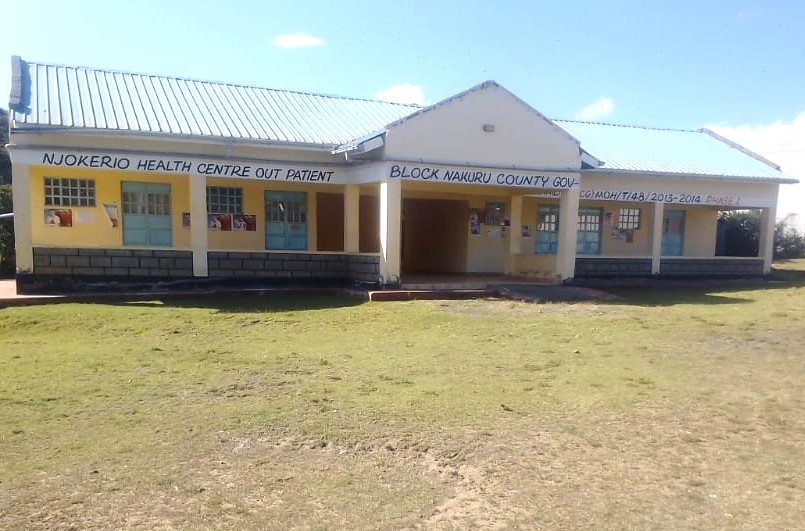When citizens prioritize projects that they want their county government to undertake in their communities, they expect those projects to be implemented and operationalized within a reasonable time so they can access the services they need. However, this is not always the case. On some occasions, public projects are not implemented as envisaged by citizens, denying them services for extended periods of time.
Such was the case for residents of Njokerio Village, in Njoro Sub-County. After attending budget forums and prioritizing the construction of Njokerio Health Center in 2018, the community felt short-changed after the County Government took over 4 years to complete and fully operationalize the facility. This long delay meant that residents had to travel over 5 kilometers away to access health services.
‘’We do not have a health facility in our area that citizens can turn to for curative services. The nearest health facility is the Njoro Sub County hospital which is about 7km away. Whenever we fall ill, we incur transport costs and have to spend a whole day at the hospital due to long queues. This means losing a day’s revenue if you are a business person,” notes Anges Kinyanjui, Njokerio resident
Such disappointments leave citizens feeling helpless. The best they do is complain amongst themselves. These negative experiences also breed apathy towards governance processes among citizens.
But this situation is slowly changing in Njoro Sub-County.
In July 2021, 12 civic educators from different parts of Nakuru County received training on Economic, Social, and Cultural (ECOSOC) rights as provided for by the Constitution of Kenya. The training empowered them with skills and knowledge to enable them to sensitize local community groups about ECOSOC rights and how they can engage county governments to realize those rights as part of the URAIA`s programme of Strengthening Public Accountability and Responsiveness in Kenya (SPARKe) funded by Denmark Development Corporation (DANIDA).
With CTL’s support, the civic educators conducted civic education sessions in community groups. During these sessions, they empowered citizens with knowledge of practical citizen participation tools that they can use to engage duty bearers and get them to solve their issues. Njokerio residents identified the health facility they had prioritized as an issue and decided to seek information on why it was not functional from the Njoro Ward administrator through a letter.
“I received a letter from Njokerio residents raising concerns about the health facility. This issue had not been raised before and we responded immediately to assure residents that the matter will be sorted as soon as possible. We worked with the Department of Health and within three weeks we had equipped the facility and dispatched a nurse to allow residents to seek health services from the facility,” notes Elizabeth Koigi, Njoro ward administrator.
The civic education sessions in Nakuru County were part of the activities conducted by the Center for Transformational Leadership (CTL) under the URAIA-funded Encouraging Citizen-driven Accountability through Sustained Engagement (ENCASE) project.
